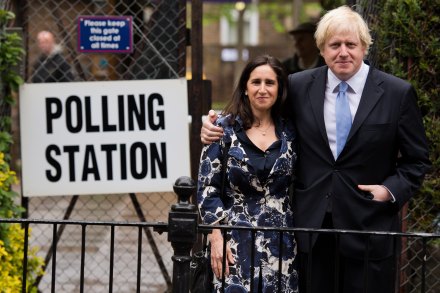The Boris factor
Boris Johnson’s victory in London is a remarkable achievement. He has won re-election in a Labour-inclined city against the backdrop of a Tory-led government making cuts and a country in recession. He has defied the national trend and, indeed, the trend in the capital itself given the results in the assembly elections. This triumph proves his vote-winning credentials in a way that his victory four years ago, secured in very favourable circumstances (Labour was in a poor state as Gordon Brown stumbled from disaster to disaster), did not. In Downing Street, there’s relief that Boris made it over the line; a Labour victory in London would have made this undeniably

















